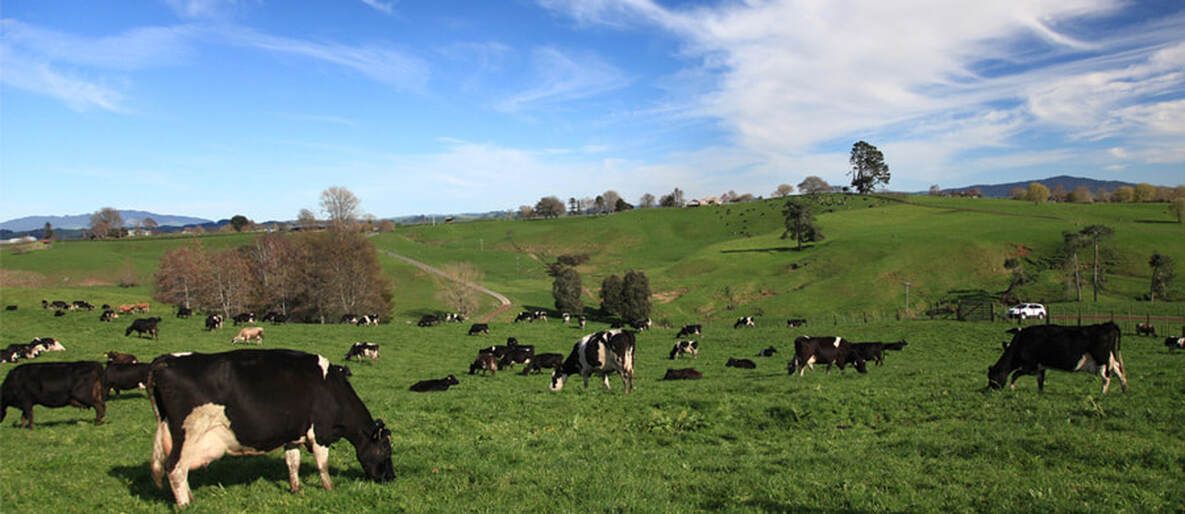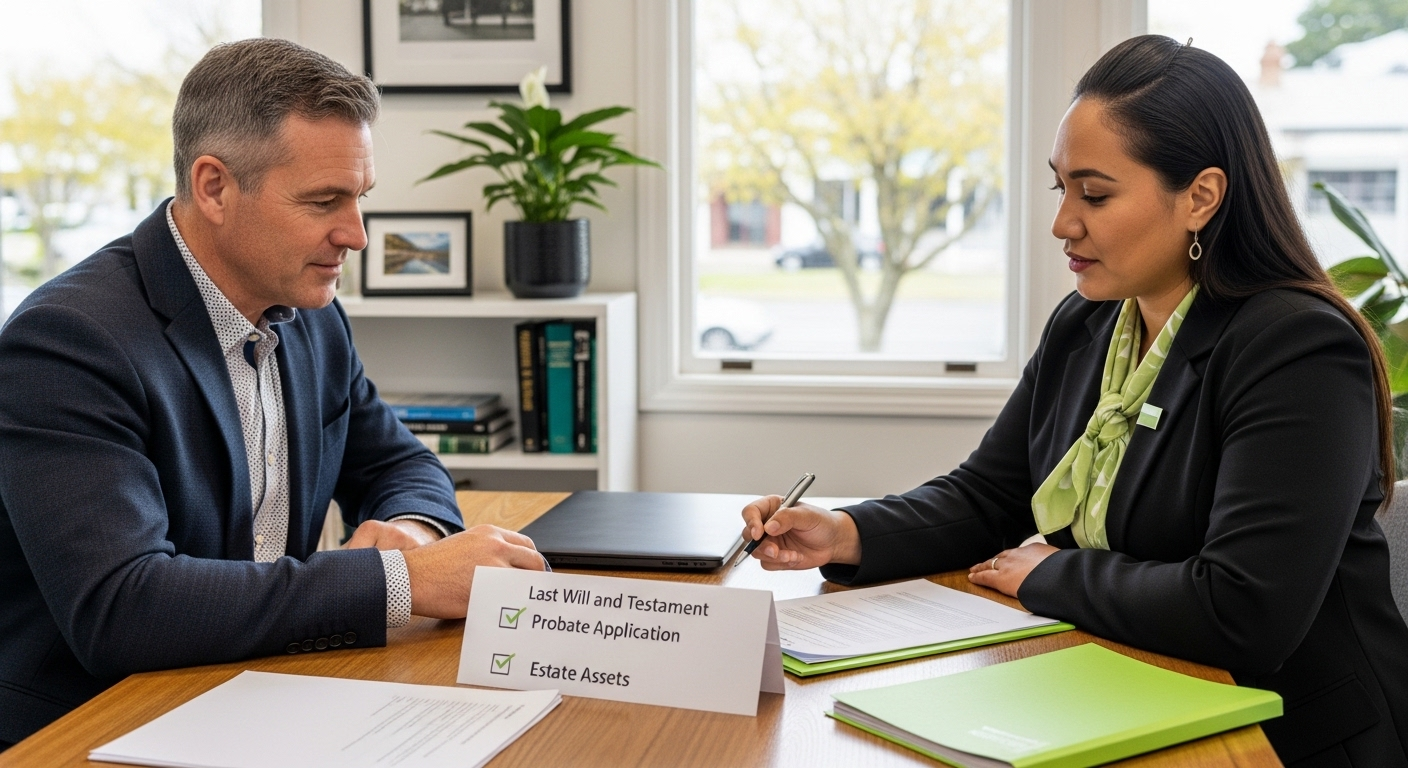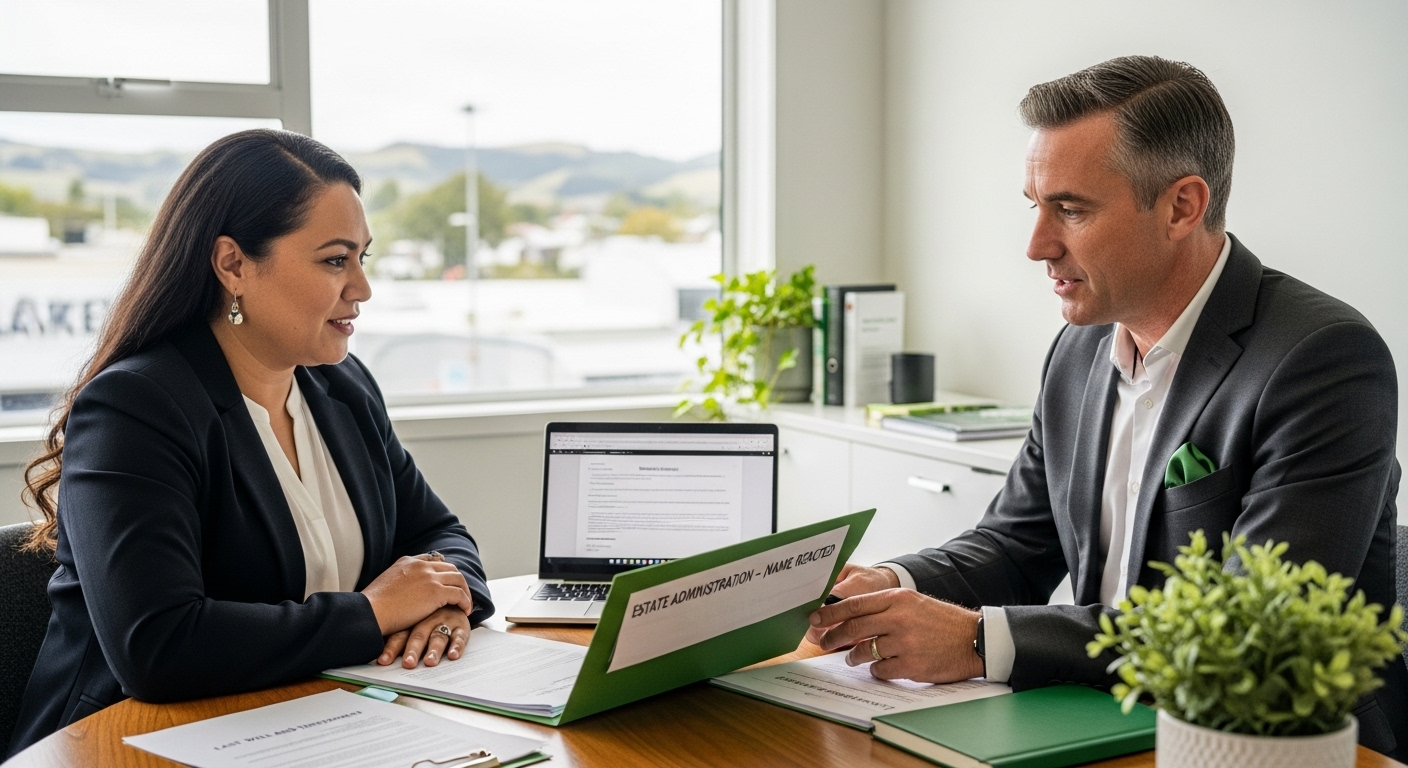Leasing the family farm - what you need to know

Farm owners looking to retire or work less now see leasing as a viable alternative to sale. Leasing provides a fixed income and protection against the inevitable fluctuations in return in the farming sector. The farm is retained, and the farm owner reaps the benefit of the capital gain during the term of the lease. Likewise, younger farmers or those needing run off land see leasing as an opportunity to build an asset base without the capital needs of ownership. It allows the tenant to increase productivity over a fixed term with flexibility as to size and location.
For the land owner, leasing is a major decision and requires clear boundaries to be set. The decision to give another possession of your farm and allowing them to farm it their way is not an easy one to make. It necessitates a loss of possession and control which is often tough to come to terms with. This is especially so if the land owner is to continue living on the farm as the tenant’s use and care of the farm will be within easy oversight
The relationship between the land owner and tenant is governed by the lease. When it comes to documentation it is critical that all issues are out in the open and discussed. The lease is a binding document, so it is very important to get it right the first time. Once the lease is signed, there is no going back.
There is no such thing as a "standard" farm lease. Although some specifics such as term, area, and rental must be addressed, other terms are optional, and need be agreed between the parties.
The lease agreement can cover:
- Permitted use - the land owner may want to restrict the use of the land to certain farming activities. Allowing the land to be used for "pastoral farming" allows for very wide use. For example, does this allow the tenant to keep pigs on the property, or use the property for dairy grazing or bull fattening? If the use of the property will place greater demands on the fertility, pasture or state of the property at the expiry date, then this needs to be considered at the outset.
- Insurance - in addition to the general position that the tenant pays the land owner’s cost of insurance relating to the property, the land owner needs to ensure that appropriate public liability insurance and cover under the Forest and Rural Fires Act is obtained relative to the permitted use.
- Fertiliser/spraying requirements or obligations - what are the land owner’s requirements? The fertiliser requirements should be set relative to the tenant’s use of the property. For example, the fertiliser requirements will be greater where the property is used purely for a run-off block.
- Repairs and maintenance- this can be a difficult issue. The distinction between what is a repair and what is a replacement (a capital item) is important. For longer term leases, capital expenditure may be agreed as part of the leasing proposal. If so, that agreement should state who pays for the capital item and what effect that capital expenditure will have on the rent.
- Ownership of improvements - if the tenant is making capital improvements to the farm, for example, constructing new yards or in the case of an orchard planting trees, who owns those improvements and is the tenant compensated at the end of the lease?
- Rent review - when and how are rent reviews to take place? The lease needs a clear mechanism to establish the new rental in order to remove any argument as to whether the correct basis has been used for establishing the new rental. More often than not this is an area where conflict develops, which can often escalate to involve matters outside the terms of the rent review. A clear rent review mechanism is a means of removing the possibility of conflict and maintaining a good relationship between land owner and tenant.
- Resource consents - Where the tenant is to have the benefit and use of the land owner’s consent/s then the responsibility and liability in relating to adherence to the terms of the consent/s needs to be considered. If the terms of the consent/s are breached, who is responsible for the resulting claims or losses incurred?
- Other issues - the land owner needs to fully consider their future use of the property before possession is given i.e. does the land owner want to retain certain access rights for hunting, duck shooting, storage etc. If the lease contains a right for the tenant to purchase the property during the term or at expiry, has the land owner considered whether they wish to subdivide the homestead from the farm before sale? Careful consideration of all issues as they may affect present and future use of the property need to be addressed and documented.
Leasing your farm has some major benefits but to avoid the pitfalls you should think carefully through the arrangements and ensure they are documented properly.












